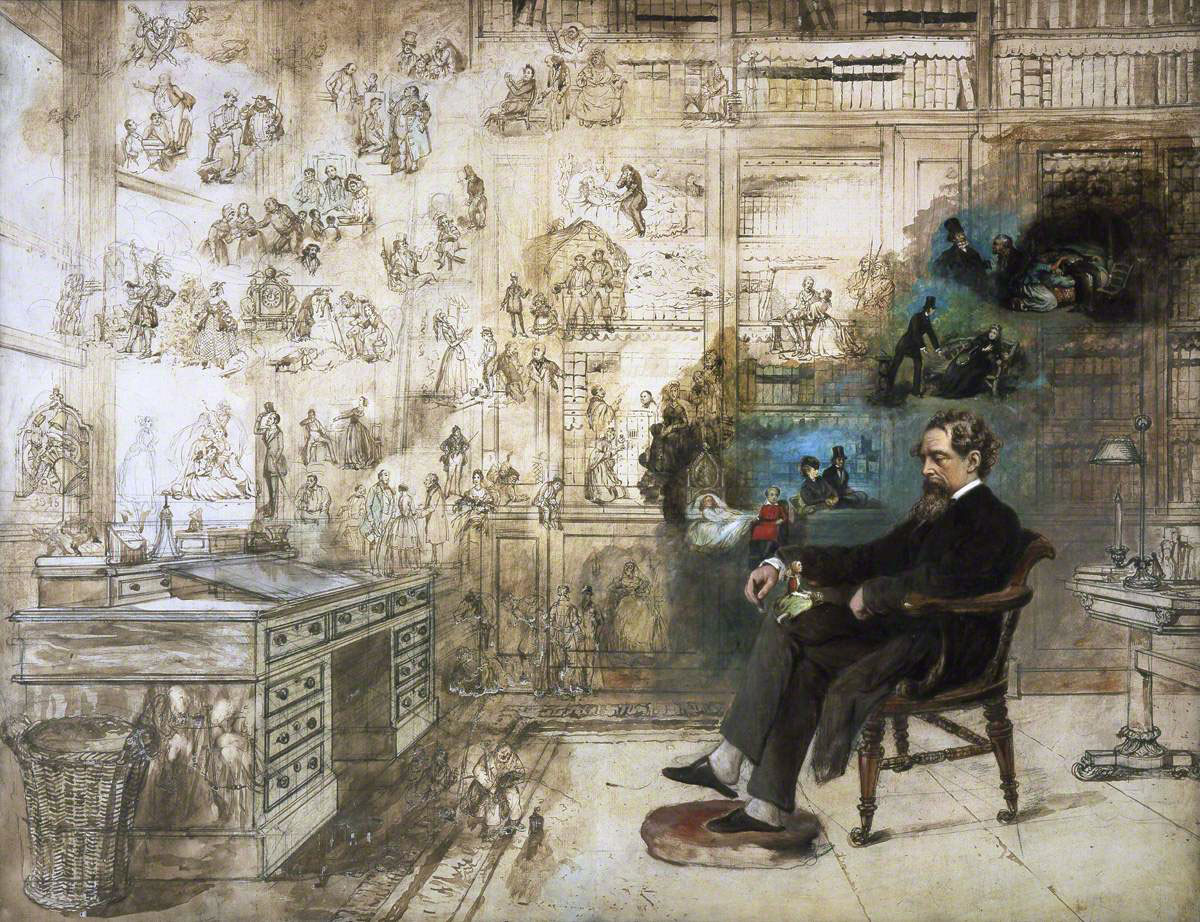Writing dialogue is helped if you’ve got someone to bounce ideas off. If you’re alone, talking to yourself is the only option. It’s fiendishly difficult to describe conversation, as a lot of things happen apart from the words that are spoken.

Hearing voices in your head helps…it doesn’t mean you’re schizophrenic!
I act out physical confrontations, deciding on things like how many paces my detective protagonist takes, how much room is there to use his extendable baton or throw a punch and what furniture is obstructing the arrest.
At the end of the last book, my Cornish Detective was stabbed from behind with a sword. He beat his assailant to death. Lucky to survive massive blood loss, he’s recuperating, but has post-traumatic stress disorder, making him distant, argumentative and aggressive. In the new story, he’ll confront a Russian female mercenary who’s been killing for twenty years and has recently been murdering big game hunters for money. She’s armed with a two-foot-long machete. How will my protagonist react to the sight of a naked blade?
I acted it out in the kitchen, which led to me punching and kicking cabinet doors and hurling a kettle (empty) onto the sofa in the living room. I’m drawing on having once witnessed a fight between two bikers, in which the little guy threw a metal vice at his taller and heavier opponent, breaking one of his legs.
Having broken my toe acting out a scene in my dreams, I hope I’ll get the violence out of my system while awake!
Do any of you rehearse what you’re going to write.












